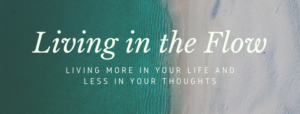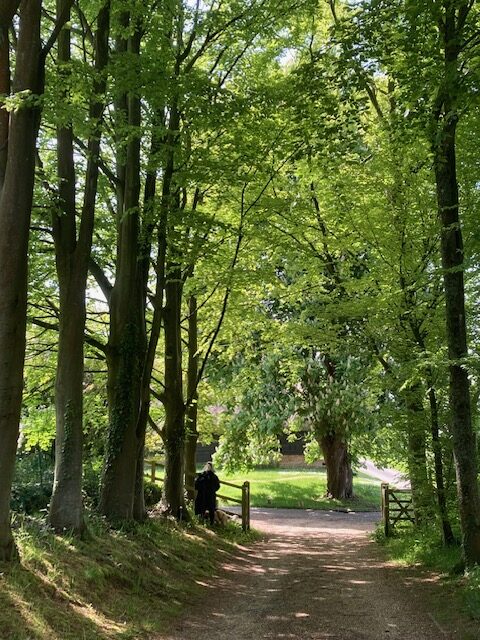
A nudge About Changing Your Mind
I took this early morning view down river from my Marina over the weekend…it was freezing cold, but lovely to see the blue sky and morning sunshine.
Changing your mind
I’m going to come straight out and say it, it’s okay to change your mind…and it’s okay for others to change their minds too.
I used to think if you made up your mind about something, it was important to stick to your guns, stick to your beliefs, and got pretty judgy about people who didn’t, often seeing them as a bit flaky or not to be relied upon. And I still find myself a tad irritated when it comes to someone regularly changing arrangements last minute, or promising to do something that doesn’t materialise! But, as I said in my last nudge, when it comes to habitual thinking that no longer serves you, giving yourself permission to change your mind is not only essential, but not doing so is actually counter to how we naturally work.
Thought is meant to flow
Much like how the river I live on flows, in my work I share the understanding that Thought with a capital T is always naturally flowing too. There’s a constant current of Thought flowing through our minds all day long, and much like it would make no sense to me to think I could stop, or alter, the nature of the river’s current, it makes no sense to think I can control the nature of Thought too. By its very nature Thought has no inherent meaning as it occurs. It is neutral, ever changing and transient. And just like the ebb and flow of the river’s tide if left to flow will naturally come and go.
We then all have our own personal thinking about Thought that is creating our moment to moment experience, through the variable meanings we give it, and it’s these personal thoughts that make up the world that we live in. As the thinker we may not be able to control the fact of Thought, but we can choose the meanings we ascribe to it, and where we place our focus and attention.
What is more, we can experience fresh thought in any moment through our own insights that come to us rather than from us…our innate wisdom as I refer to it…those out of the blue ideas that come when we have less on our mind, and feel just right in the moment. Thus just seeing this is how we naturally work can make a world of difference to our experience of life.
Making decisions
This can be especially helpful when it comes to making decisions. So often in my sessions people arrive caught up in fixed (so often conditioned…) ideas of what they believe is possible or open to them. Not knowing, or forgetting, they’re the thinker of such thoughts (and we all do it all the time…), they can get stuck in what I call their made up ‘givens’ that there is a right, wrong, better or worse decision they can take, and, more importantly, that once they make that decision they can’t change their minds!
And then there’s the small fact that life doesn’t always turn out the way that you ‘think’ it will…as the famous John Lennon quote goes ‘life is what happens when you’re busy making other plans’. Just think for a moment about a decision you’ve either made in the past, or are currently considering, and the countless hours spent looping back and forth only to find that life threw you a curve ball, or the issue or situation never materialised.
When clients get a glimpse of how Thought works, and that there’s an infinite source of fresh Thought for them to tap into that’s always flowing and available to them, they use words like ‘liberating’, ‘freeing’ and ‘joyful’ to describe how it feels to no longer feel trapped in their thoughts.
I’d love to hear what this sparks for you, and if you’re currently grappling with a decision, how might you look at it afresh through the lens of this understanding about Thought, and knowing that it’s okay to change your mind.
Have a lovely rest of your week.
All the very best for now
Tamsin

If you want to ‘live more in your life and less in your thoughts’ this year then I share more in my Living in the Flow mini series. Just click on the link and you’ll receive a short nudge over the next 7 days. See it as your quiet moment of reflection to start off your day, help keep you on track, and minimise any habitual thinking.





